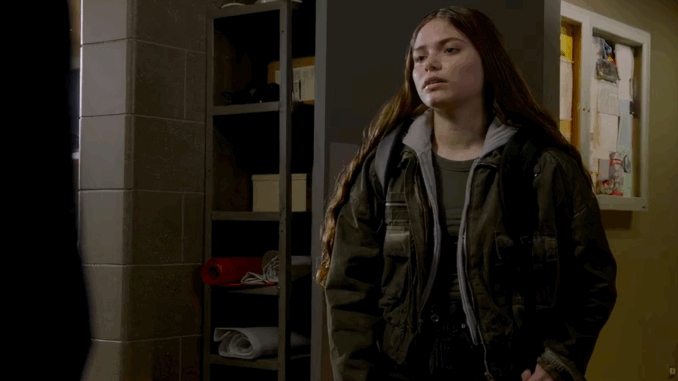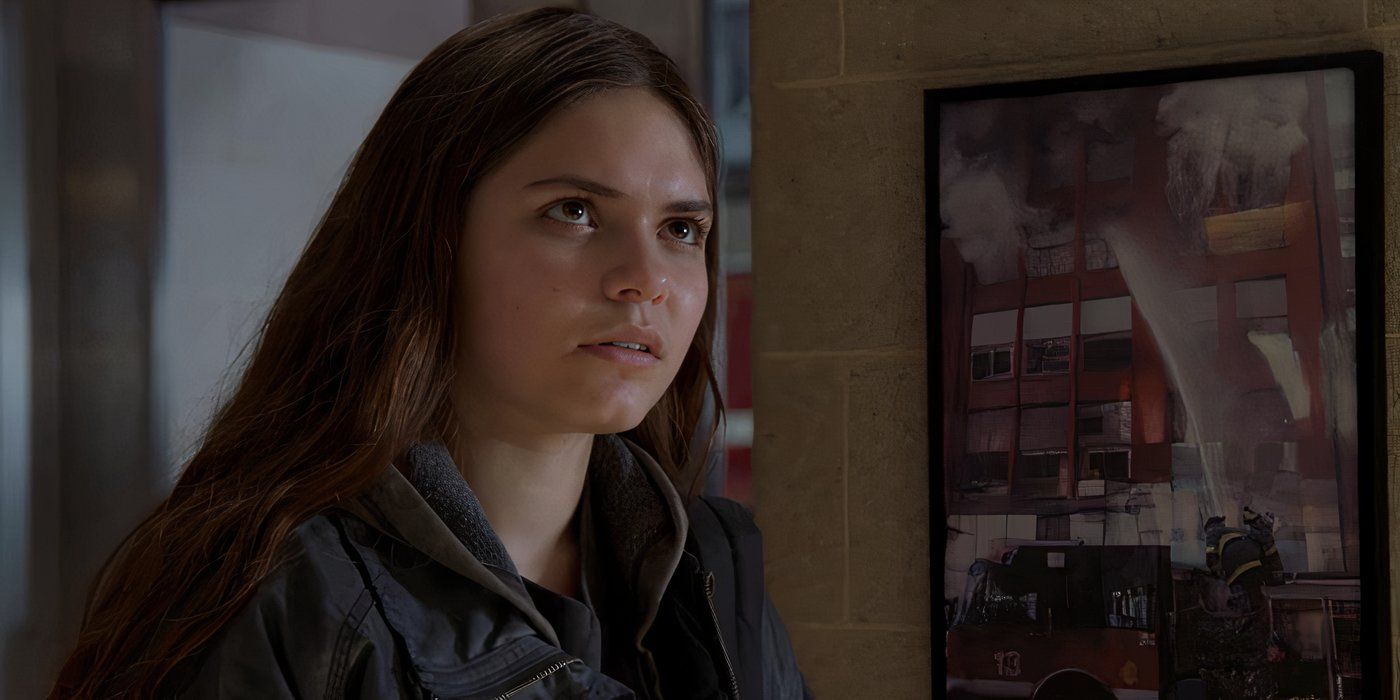
As Chicago Fire prepares for its fourteenth season, much of the conversation has been dominated by loss. The exits of Daniel Kyri (Ritter) and Jake Lockett (Carver) have sparked a wave of fan disappointment, with many questioning whether the show can recover. But hidden within that grief is a different possibility—one that longtime fans and new viewers alike might come to appreciate: a chance for reinvention.
The End of an Era—or the Start of a New One?
For the past few seasons, Chicago Fire has operated with a stable cast, weaving together arcs of romance, trauma, mentorship, and heroism. But even loyal viewers had begun to notice a slight creative fatigue. Familiar beats, safe character development, and formulaic rescue sequences started to creep in.
The abrupt cast changes, as difficult as they are, force the writers and showrunners out of their comfort zone. With key pieces of the ensemble now gone, the dynamics at Firehouse 51 must shift—and that creates space for genuine narrative risk.
“There’s a real opportunity here,” one TV critic recently wrote. “Season 14 can recapture what made this show great: the tension of the unknown, the thrill of proving yourself, and the heart that comes from finding family in the fire.”
Rebuilding the Firehouse from the Inside
The show’s success has always been rooted in its people. With the exits of Ritter and Carver, Chicago Fire now faces a pivotal moment: how do you fill emotional voids without trying to duplicate what came before?
Showrunner Andrea Newman has hinted that Season 14 will take a more “intimate and character-driven” approach, moving away from large ensemble scenes in favor of smaller, more emotionally charged moments. Instead of huge crossover chaos, fans may get focused arcs that dig deep into the psychology of first responders.
One reported storyline will explore the long-term effects of burnout, PTSD, and grief among veteran firefighters—something fans have long wanted to see treated with nuance.
Fresh Faces, Familiar Themes
NBC has yet to confirm new cast members, but insiders suggest that Firehouse 51 will see at least two new characters introduced early in the season. These characters won’t be instant replacements but will instead bring new energy—and likely some friction—to the crew.
One is rumored to be a former army medic with a chip on their shoulder. The other may be a young firefighter from a volunteer department, full of heart but lacking formal experience. If handled well, these characters could echo the early days of Gallo or Kidd, where proving your worth was as thrilling as fighting the flames.
Most importantly, these new additions won’t carry the emotional baggage of 13 seasons. They can ask the hard questions. They can mess up. And they can grow in front of our eyes—the very thing that made fans fall in love with past characters like Casey, Cruz, and Severide.
Emotional Stakes Remain High

Even amid cast changes and narrative resets, one thing hasn’t changed: the emotional stakes at the heart of Chicago Fire. Every episode still centers on life-or-death situations, but the real stories unfold in the locker rooms, on the firehouse couch, and in the quiet moments after a shift ends.
Season 14 promises to go back to basics in the best possible way—not in scale, but in soul. Whether it’s Cruz struggling with fatherhood, Kidd wrestling with leadership, or Severide stepping back into a mentorship role, the show’s most powerful moments have never been about explosions. They’ve been about connection.
Can the Show Still Deliver?
Yes. And not just because it has before. But because the stakes have never been higher—for the show, its fans, and the franchise at large.
By acknowledging what’s been lost, leaning into what’s left, and daring to explore what’s next, Chicago Fire can remind viewers why it still matters. Not because it’s comfortable. But because it still burns with purpose.
The flame, after all, is not just in the fire.
It’s in the fight to keep going.